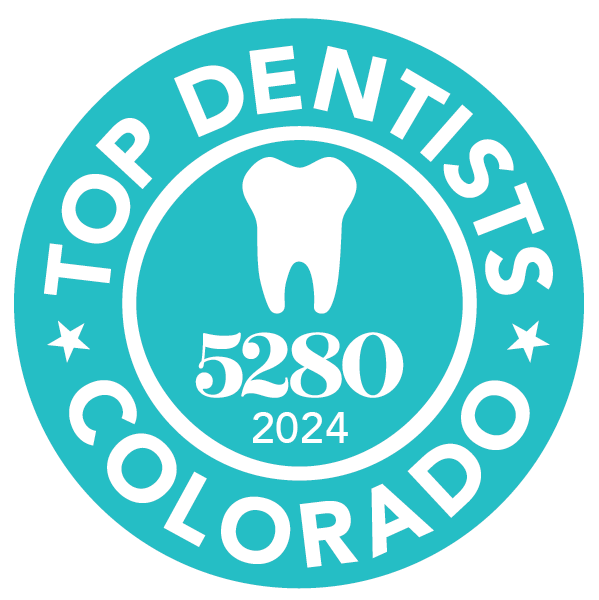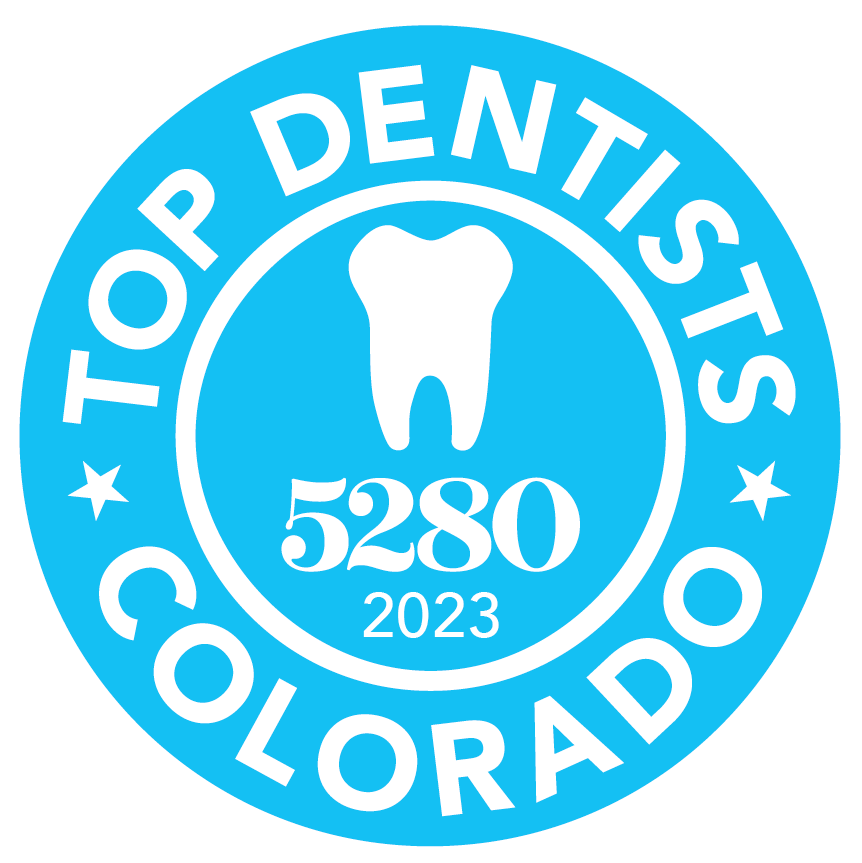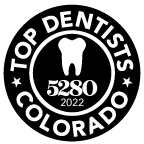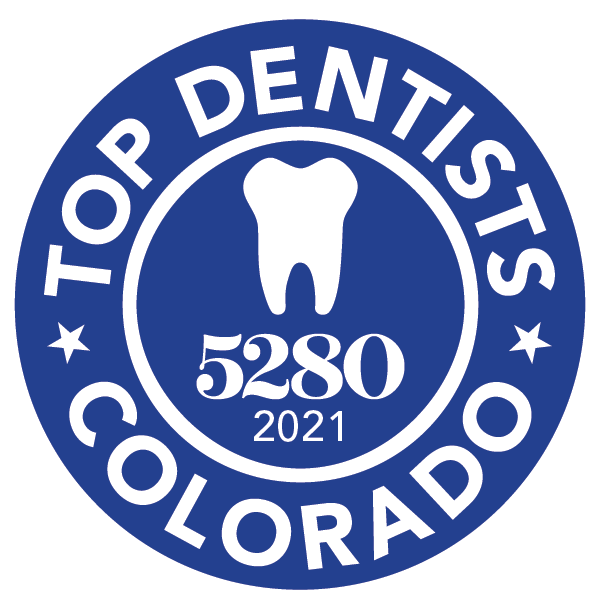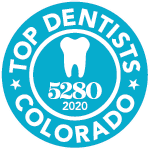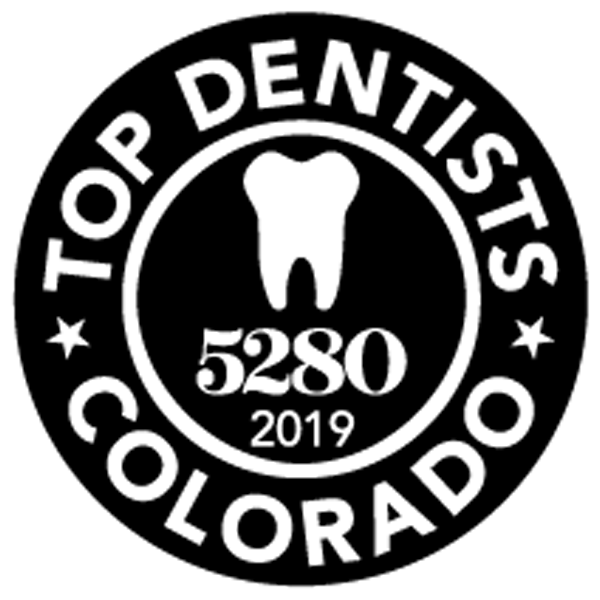Periodontal treatment is necessary when various conditions affect the health of your gums and the regions of your jaw bone that hold your teeth in place. Retaining your teeth is directly dependent on proper periodontal care and maintenance. Healthy gums enhance the appearance of your teeth, like a frame around a beautiful painting. When your gums become unhealthy, they can either recede or become swollen and red. In later stages, the supporting bone is destroyed and your teeth will shift, loosen, or fall out. These changes not only affect your ability to chew and speak. They also spoil your smile.
Periodontal diseases are ongoing infections of the gums that gradually destroy the support of your natural teeth. Periodontal disease affects one or more of the periodontal tissues: alveolar bone, periodontal ligament, cementum, or gingiva. While there are many diseases which affect the tooth-supporting structures, plaque-induced inflammatory lesions make up the majority of periodontal issues, and are divided into two categories: gingivitis and periodontitis. While gingivitis, the less serious of the diseases, may never progress into periodontitis, it always precedes periodontitis.
Dental plaque is the primary cause of gingivitis in genetically susceptible individuals. Plaque is a sticky colorless film, composed primarily of food particles and various types of bacteria, which adhere to your teeth at and below the gum line. Plaque constantly forms on your teeth, even minutes after cleaning. Bacteria found in plaque produce toxins or poisons that irritate the gums. Gums may become inflamed, red, swollen, and bleed easily. If this irritation is prolonged, the gums separate from the teeth causing pockets (spaces) to form. If daily brushing and flossing is neglected, plaque can also harden into a rough, porous substance known as calculus (or tartar). This can occur both above and below the gum line.
If gingivitis progresses into periodontitis, the supporting gum tissue and bone that holds teeth in place deteriorates. The progressive loss of this bone, the alveolar, can lead to loosening and subsequent loss of teeth. Periodontitis is affected by bacteria that adhere to the tooth’s surface, along with an overly aggressive immune response to these bacteria.
Periodontal disease is dangerous in that it is often painless and symptomless. 80% of Americans will be afflicted with periodontal disease by age 45, and 4 out of 5 patients with the disease are unaware they have it. It is important to maintain proper home oral care and regular dentist visits to reduce the risk of obtaining this disease.
Gum disease goes by many names, including periodontal disease, gingivitis, periodontitis, and pyria. No matter what you call it, gum disease can progress and wreak havoc in the mouth, even eventually causing you to lose your teeth. Gum disease is initiated with the presence of bacterial plaque and progresses to more advanced forms depending on a number of factors, mainly poor oral hygiene and genetics. The presence of the plaque results in a hyperactive immune response that slowly destroys the supporting structures of the teeth (gums and bone). Periodontal disease is a chronic disease that is not curable, but is treatable and maintainable by your periodontist.
Gum disease starts with redness, irritation, possible bleeding, and inflammation of the gum tissues. This is the result of built up plaque that is being left to sit on the gums, which will eventually cause a bacterial infection. This early stage of gum disease is called gingivitis. If the gum disease/gingivitis is treated quickly, the symptoms are easily reversible. However, if left untreated, gingivitis/gum disease) can eventually turn into periodontal disease (periodontitis), a much more advanced stage of gum disease, which results in bone loss around your teeth. After progression to periodontal disease, the gums and bone will start to break down, which , weakens the supporting structures around the teeth and results in causing the teeth to become loose, eventually falling out completely.
Causes Of Gum & Periodontal Disease
There are several causes of gum and periodontal disease. A few of the most common causes include:
- Poor Oral Health – Presence of bacterial plaque initiates gum disease. The best way to prevent any kind of dental disease starts with a good at-home dental hygiene routine for plaque removal. This includes brushing twice a day, flossing each day, and visiting your regular dentist twice a year for a routine dental cleaning and exam. Otherwise, plaque may build up on the teeth, causing dental cavities, tooth decay, and gum disease.
- Genetics – Even if you take great care of your teeth, you may be one of the 30% of the population who has a genetic predisposition to gum disease. This means you’ll be six times more likely to eventually develop gum disease in your lifetime.
- Tobacco Use – It has been proven that any kind of tobacco use (cigarettes, chewing tobacco, cigars, etc.) is one of the largest risk factors in the progression of gum disease. Use of tobacco will significantly speed the progress of the disease and make it more difficult to heal. There is a greater incidence of calculus formation on teeth, deeper pockets between gums and teeth, and a greater loss of the bone and fibers that hold teeth in your mouth., Additionally, you’re likely to experience more severe symptoms and complications if you’re a smoker. Furthermore, these products are detrimental to the success and survival of dental implants. In addition, your chance of developing oral cancer increases with the use of smokeless tobacco. Chemicals in tobacco such as nicotine and tar also slow down healing and the predictability of success following periodontal treatment. Quitting smoking and tobacco-use can have in numerous benefits for your overall and periodontal health.
- Stress or Poor Diet – Chronic stress and eating poorly can lower your immune system’s ability to fight off disease. This will make you more vulnerable to a host of different problems, one of which is gum disease and/or periodontitis.
- Pregnancy or Menopause – The hormones that surge through a woman’s body during pregnancy or menopause can weaken the gum tissue, causing it to be more sensitive, tender, and more vulnerable to gum disease. Because of this, it’s important to stay on top of your dental care during pregnancy or menopause.
- Diabetes or Other Medical Problems – There are certain diseases that can contribute to or intensify the progression and likelihood of gum disease. These include heart disease, diabetes, heart disease, respiratory disease, osteoporosis, and arthritis. Diabetes can play a significant role in the progression and treatment of gum disease as well as affect wound healing. If you suffer from any of these conditions, it’s important to talk to your dentist about gum disease and inform your periodontist.
TREATING GUM & PERIODONTAL DISEASE
Once gum disease has been confirmed, only a professional periodontist can treat the disorder. Brushing and flossing alone will not be able to remove the calculus/tartar (hardened plaque), wreaking havoc on your gums.
Below are a few of the treatment options for gum & periodontal disease, depending on the severity of your particular case:
- LANAP Laser Periodontal Therapy
- Scaling and root planing
- Bone regeneration
- Periodontal pocket reduction
- Osseous surgery
The best way to avoid gum and periodontal disease is to take care of your dental hygienegums with excellent oral hygiene. If you have any of the above risk factors, have been told that you have gum disease, or think you may be developing gum disease, and would like to talk more about the prevention of gum disease, please don’t hesitate to contact our office immediately for a consultation. Littleton Implants & Periodontics is , located in beautiful Littleton, Colorado.
If you’re in search of a dental cleaning and a routine oral exam, you’ll probably call your general dentist to schedule an appointment. However, if you have been diagnosed with gum disease or need and extraction or dental implant, it is time to be evaluated by a periodontist.
